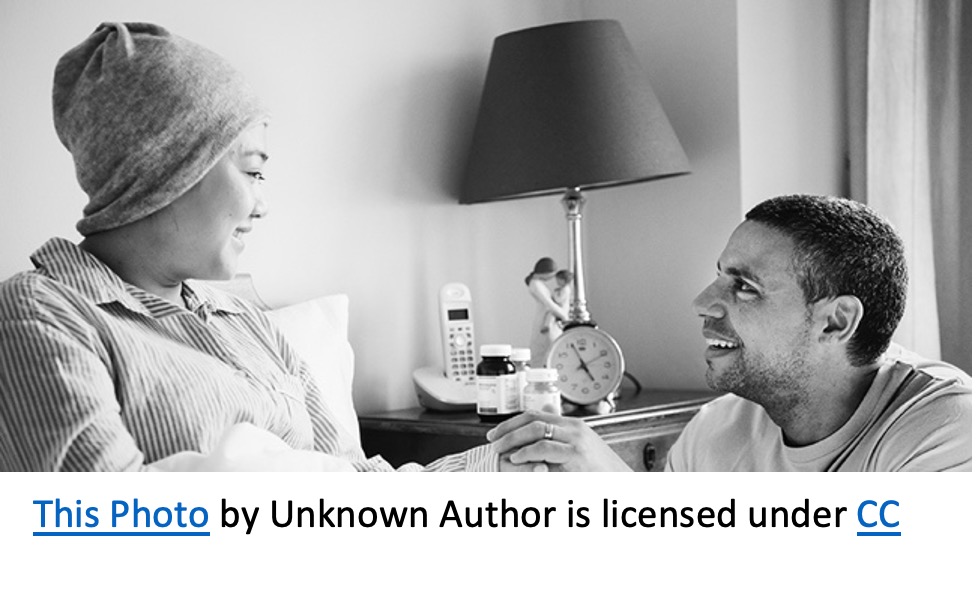Meet Caroline: A teacher who fights breast cancer
Caroline is a 54-year-old teacher and single mother who raises her two daughters aged 15 and 17 in Montpellier, France. A year ago, through her annual breast exam, she discovered that she had a tumor in each breast. Caroline was shocked as she never believed that such a thing could happen to her as she always followed a healthy lifestyle. However, she overcame her fears with the support of her family and successfully completed her chemotherapy and mastectomy. Then her journey with breast cancer was relatively smooth, with minor side effects that usually come and go but do not affect her much. Her doctor suggested she use a new service that would allow him to carefully monitor her state of health.
Fighting cancer side effects
Caroline, as a tech-savvy person, accepted and started using the ASCAPE patient service and has been patiently entering her information on this platform ever since. Recently, however, something strange has started to happen: every time she picks up the pen and starts writing, her writing seems unfamiliar to her. She feels that the handle she has on the pen has changed and the feeling of the pen itself on her fingers is strange. The next time she enters her information, she notices a question about whether she feels "numb" in her fingers/toes. She decides that this is the most relevant question for her experience, and after deliberating with herself the various options for the answer, she chooses "Quite a bit". She walks away from her computer, picks a blank piece of paper and a pen, and begins to write. The feeling confirms her response - indeed, her fingers feel numb. 
At her next appointment with her doctor, he opens her digital files and notices the difference from the previous entries. They discuss her symptoms and he introduces her to the concept of peripheral neuropathy. He answers her questions and then pulls the ASCAPE recommendations for intervention. These include multivitamins, omega-3 fatty acid supplements, and exercise. The recommendations include some additional details that help the doctor make the final proposal to Caroline. His suggestion is for Caroline to start taking multivitamins to control her symptoms. Caroline agrees, but asks about "Plan B": what if it doesn't work? Her doctor understands her concerns and reassures her that they can reconsider the options together in a few weeks. He also draws some forecast metrics from ASCAPE which he thinks it makes sense to share with Caroline.
Based on these predictions, patients taking the medication Caroline was taking a medium to high risk of experiencing these symptoms - so this is not uncommon. Caroline would like her symptoms to go away as if by magic, but she recognizes that this is not so easy and that her treatment is very important to her. At the same time, she feels more confident that she is in control, and even has a "Plan B" with her doctor, if needed.
How did ASCAPE help Caroline?
In this scenario, ASCAPE helped Caroline identify and report one of her side effects that is difficult to pinpoint and track. This, in turn, supported the diagnosis of the side effect by the health professional and enabled him to discuss with the patient possible intervention options. As a result, it became the first step in managing this side effect. However, these intervention options are not always risk-free. ASCAPE supported the conversation between the patient and her clinician much clearer, helping to predict the consequences of the intervention options presented (based on predictive models). As a result, it allows the patient to stay in control and know what to look out for, should the need for a change in plan arise.